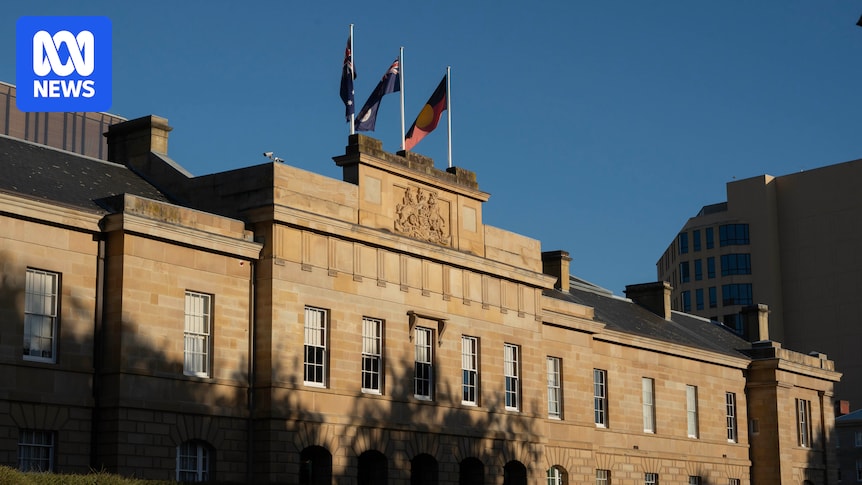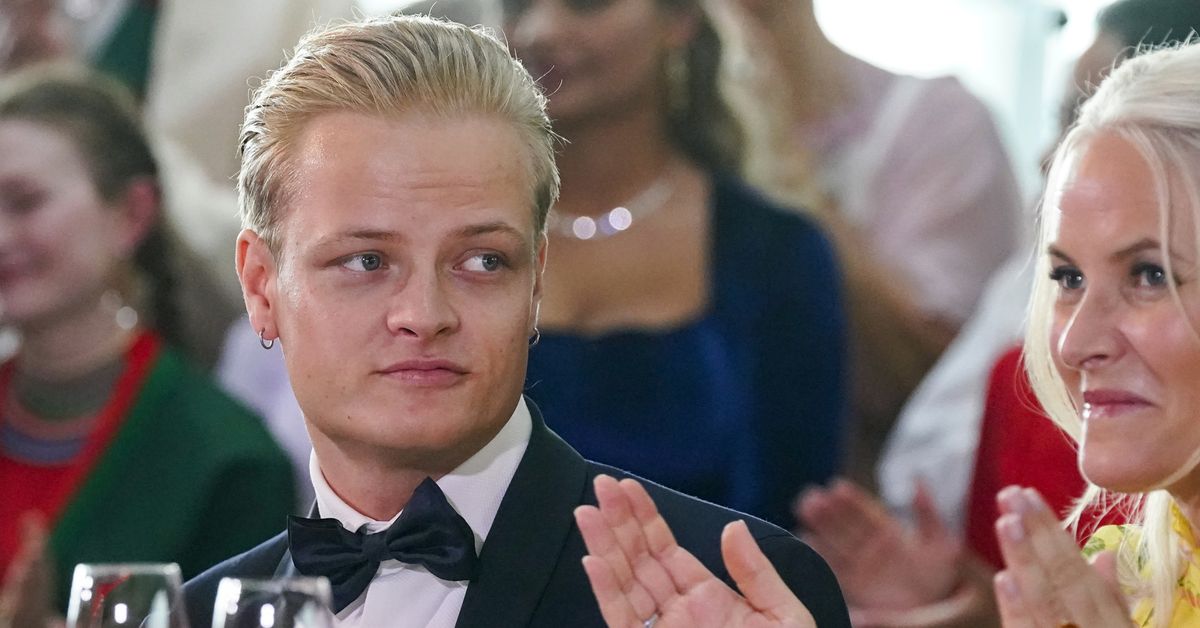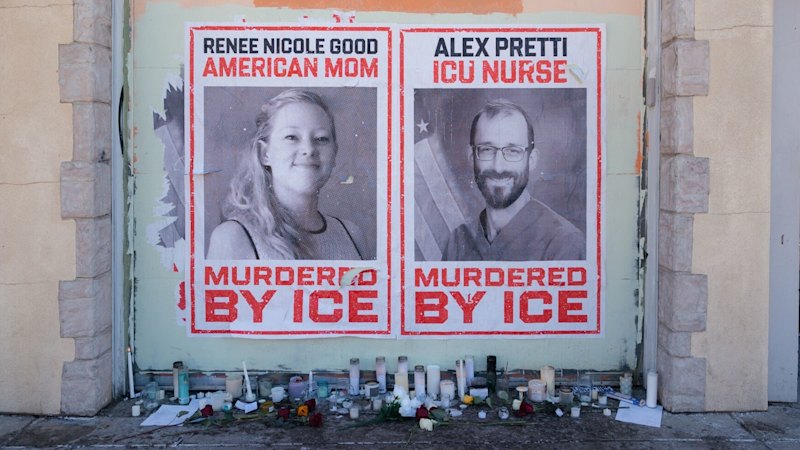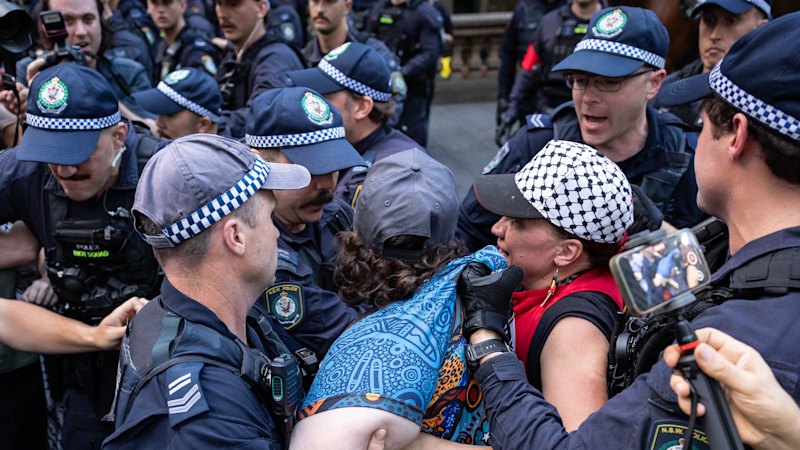
In a whirlwind of political upheaval, Tasmania finds itself at a pivotal moment. Premier Jeremy Rockliff, who was ousted by a no-confidence motion in June, has been re-commissioned as premier by Governor Barbara Baker. However, his tenure remains uncertain as another no-confidence motion looms on August 19, spearheaded by the Labor Party. This political drama unfolds amidst an early election that mirrored the previous parliament’s composition, leaving both major parties short of a majority.
The election, held more than two and a half years ahead of schedule, resulted in a parliament strikingly similar to the last, with the Liberals securing 14 seats and Labor 10, both falling short of the 18 needed for a majority. Despite the tumultuous campaign, the political landscape remains unchanged, setting the stage for another showdown in the Tasmanian parliament.
The Labor Party’s Ambitions
Labor, under the leadership of Dean Winter, is attempting to form a government despite holding only 10 seats. Winter has been actively courting independent MPs, aiming to secure their support in a bid to govern. However, his refusal to negotiate with the Greens complicates this effort.
The Greens, who supported the initial no-confidence motion against Rockliff, express a willingness to collaborate with Labor. Yet, Labor’s steadfast stance against forming alliances with the Greens leaves the outcome uncertain. Greens leader Rosalie Woodruff emphasized the need for meaningful dialogue, stating,
“There is no reason for him to think that we will just roll over and give him our support without a proper conversation.”
Independent Crossbenchers: The Deciding Factor
For Labor to succeed, it must secure the backing of at least three of the six remaining crossbenchers. Independent MP Craig Garland has voiced his willingness to support a no-confidence motion against Rockliff, criticizing the Liberals’ handling of the Marinus Link project. However, Garland remains open to cooperation with either major party, stating,
“The Liberal Party may stand up. They may come to the table and say we got this wrong… If Labor want to do it, I’ll support them.”
The remaining independents, including Kristie Johnston, David O’Byrne, Peter George, George Razay, and Carlo Di Falco, have yet to declare their positions, leaving the balance of power in flux. Many crossbenchers demand policy compromises from the major parties, a request that has so far been met with resistance.
Potential for Another Election
The prospect of another election looms large. The impending no-confidence motion, likely initiated by Labor, seeks to replace the government without triggering another election. This move underscores the urgency for stability in Tasmania’s political landscape, with all members of the lower house aware of the need for a long-term parliament.
Strategies to Win Over Crossbenchers
In response to the budget concerns raised by crossbenchers, the Liberals have made strategic changes. Eric Abetz, a former federal minister, has been appointed as treasurer, replacing Guy Barnett. Abetz’s approach includes forming a multi-partisan budget panel to address the state’s financial challenges, a move aimed at garnering crossbench support.
Meanwhile, Labor continues to engage with independents, highlighting shared policy goals and unveiling new initiatives focused on political integrity and anti-corruption measures. The party plans to release further policy details in the coming days, hoping to align with crossbench priorities.
The Road Ahead
As the August 19 deadline approaches, Tasmania’s political future hangs in the balance. The outcome of the no-confidence motion will determine whether Rockliff retains his position or if Labor can rally enough support to form a government. Until then, the nation watches closely, anticipating the next chapter in this unfolding political saga.






